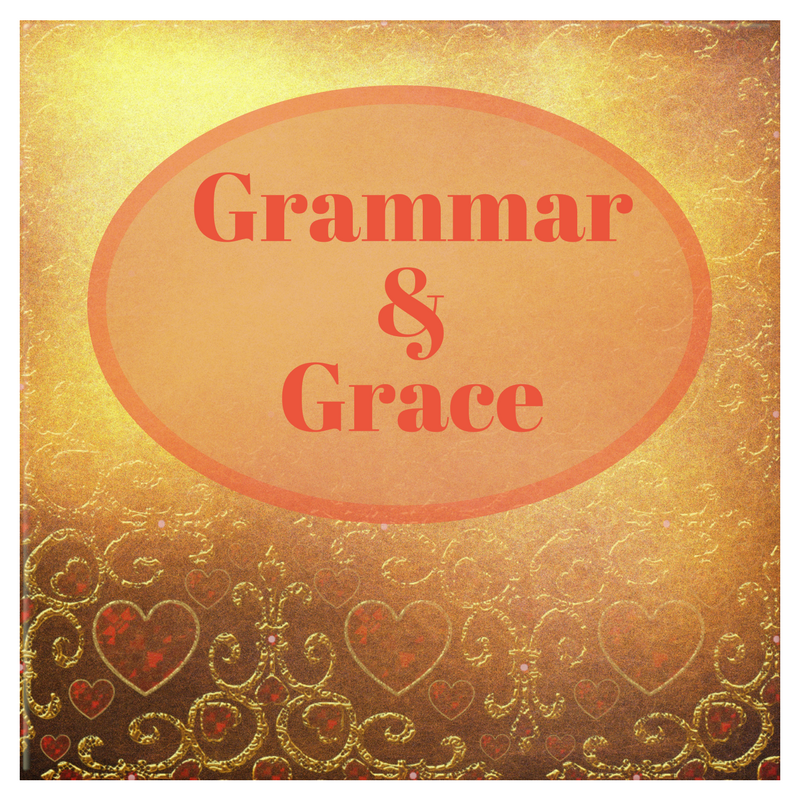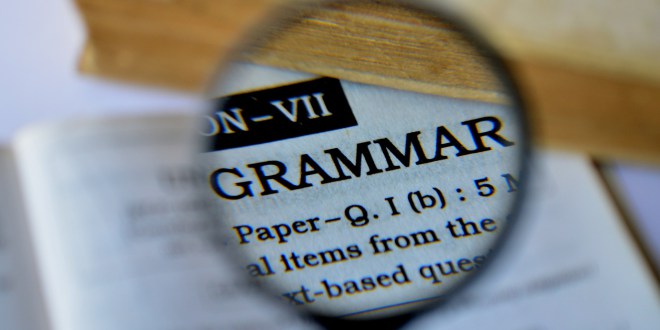
Probably, Not Prolly!
Do you cringe when someone scratches her fingernails down a blackboard or clicks her teeth against a metal utensil?…
January 18, 2019
Do you cringe when someone scratches her fingernails down a blackboard or clicks her teeth against a metal utensil?…
January 18, 2019
The holiday season is approaching, and it’s time for a post about the correct way to make proper names…
November 18, 2018
I was recently polishing my latest manuscript. One of the subplots involves a grant payout with large sums of…
October 18, 2018
Last year, we explored seven of the eight parts of speech. Then I took a break to address compound…
September 18, 2018
Almost three years ago, I wrote a post about using apostrophes. If you want to read it, go here. The…
August 18, 2018
The words empathy and sympathy often cause confusion. I know first hand. I used empathy in another blog post…
July 18, 2018
This post includes the remainder of compound words from U through Z. The list is intended to help during…
June 18, 2018
Last time, I offered a list of compound words from A to H. This post continues with the remainder…
May 18, 2018A friend of mine edited my latest manuscript for me. She mentioned that I have a tendency toward not…
March 23, 2018
Please stop using pronouns wrong! Between you and I, I’m sick of people using the wrong pronoun. Wrong. Wrong. Wrong!…
February 19, 2018
Today, people love to communicate with texts and private Facebook messages and emails and tweets, but around Christmas people…
December 18, 2017
This time let’s focus on conjunctions. Conjunctions are words that join other words, clauses, or phrases. Grammar consists of…
November 18, 2017
Have you memorized the list of prepositions yet? Trust me, quickly recognizing prepositions will help you in the long…
October 18, 2017
We’re continuing with the parts of speech with a discussion about prepositions. These words never change their form. They…
September 28, 2017
Adverbs are words commonly used to describe or modify a verb, and adjective, or another adverb. To test…
August 19, 2017
This month at Grammar and Grace we’re studying adjectives. Adjectives are words that tell something about a noun or…
July 18, 2017
A pronoun is a word that can take the place of a noun in a sentence which means…
June 17, 2017
This time we’ll discuss nouns. Nouns can be common or proper. A common noun is a person, place, or…
May 18, 2017
Last time, I introduced the eight parts of speech. This time, we’ll focus on verbs. I’m beginning with the…
March 17, 2017
For 2017, let’s understand the basics of English grammar by learning the eight parts of speech. They are the…
February 17, 2017
For this post, I’m suggesting some books that you may want on your bookshelves or your may want to…
January 17, 2017
We’re still a few days away from Thanksgiving, but we sometimes receive Christmas cards a few days after celebrating…
November 17, 2016
Earlier this week I wrote a post for my own blog and was reminded about two things: the difference…
October 18, 2016
This month’s post is all about words you might be hearing and saying and, consequently, writing improperly. We’re not…
September 17, 2016
Yes, we’re continuing to visit confusing words because the English language abounds with them. Here are a few…
September 17, 2016